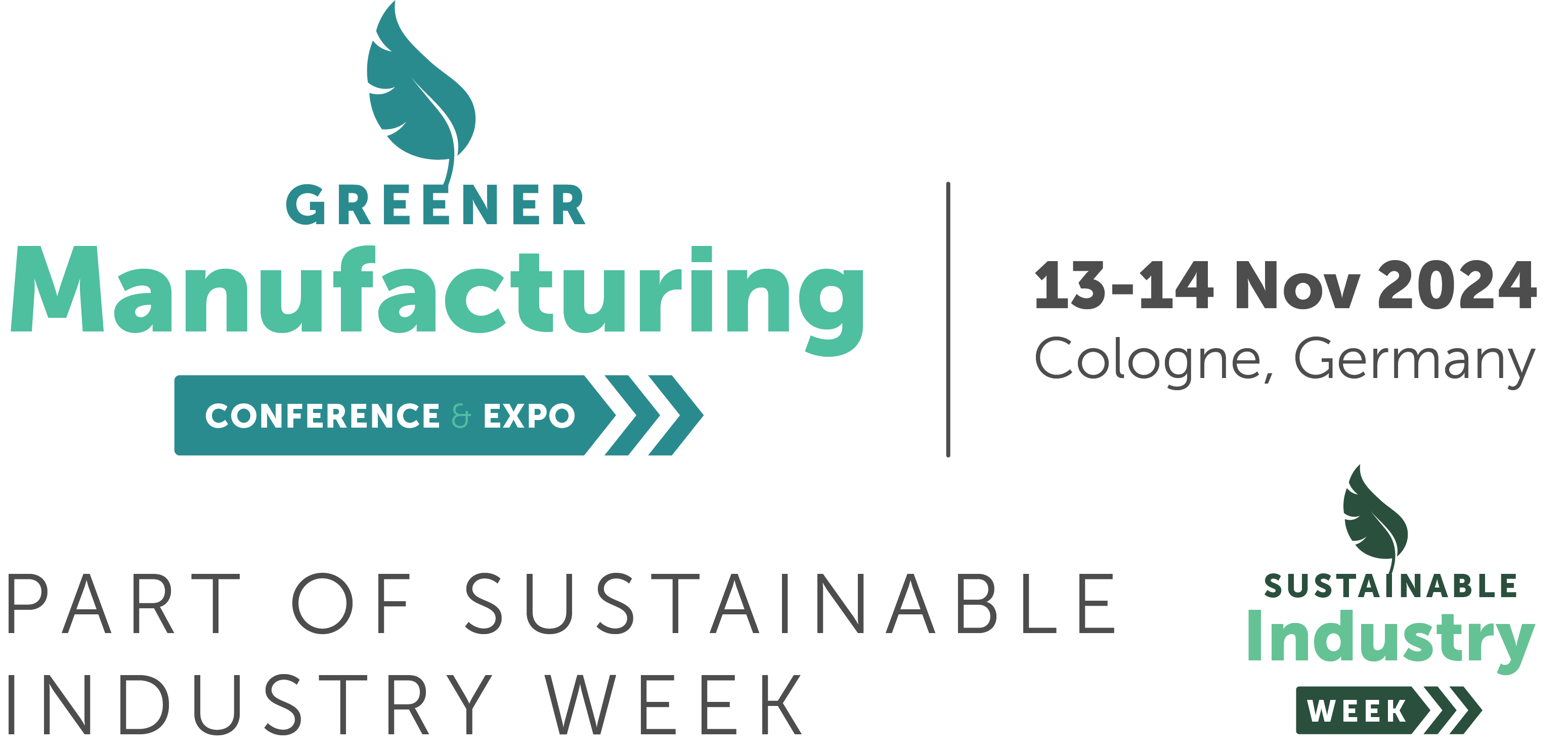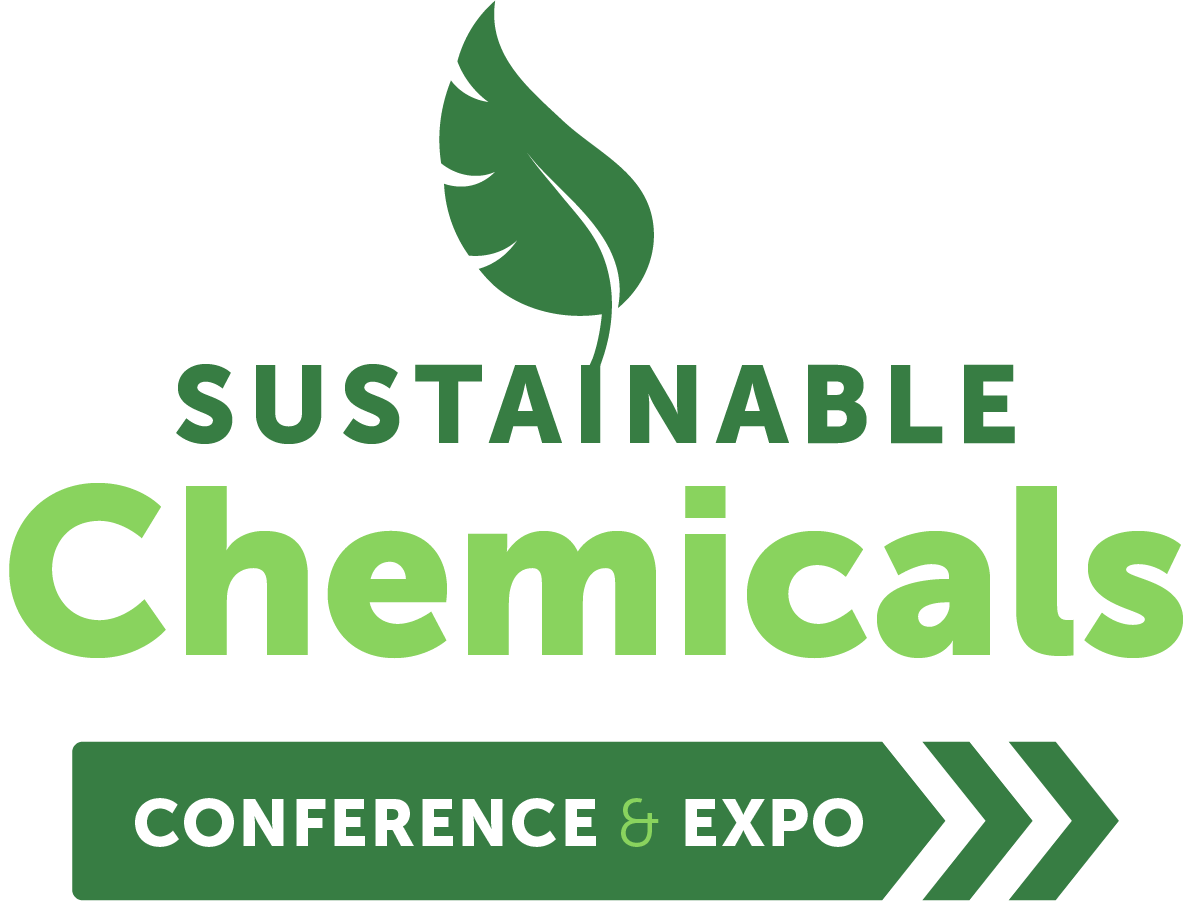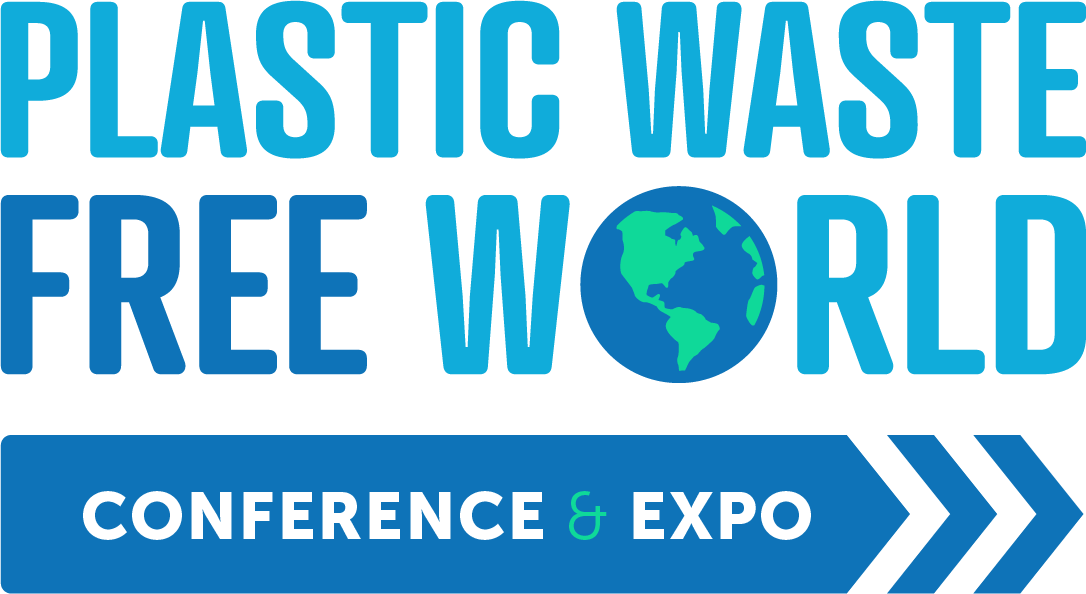FabricNano is working with cell-free biocatalysis to develop sustainable chemicals
)
FabricNano recently announced that they have started using cell-free biocatalysis to achieve their aim of transforming the chemical industry and helping industries move away from the use of fossil fuels.
The innovative company is based within the synthetic biology sector and they are currently focused on the transformation of chemical processes. They are particularly interested in transforming chemical processes with the use of cell-free biomanufacturing technology that will result in products, which are more sustainable and less reliant on fossil fuels. The products that are being created are more commonly known as biocatalysts and these are used to create sustainable and bio-based chemicals which can then go on to be used in cleaning products, bio-pharmaceuticals, bio-fuels and bio-plastics, therefore achieving the company’s aim.
FabricNano’s next steps will involve finding realistic ways to commercialise the developments they have made through producing cell-free biocatalysts and/or licensing enzyme sequence IP which are specifically designed to bind natural carrier materials. These carrier materials are extremely beneficial to the industry as it will enable any clients that already work with enzymes to improve their manufacturing processes and/or resulting products.
During the early 2000s there were lots of startup companies that attempted to engineer whole cell microbial biocatalysts, which they hoped would go on to produce bio-based and sustainable chemicals that could then be available on the mass market. However, the majority of factories that attempt this are not successful as they were much less efficient and much slower and unpredictable compared to the most recent attempt.
It took FabricNano many attempts to reach the point that they are at today and they went through many failed attempts to reach the breakthrough that they recently achieved. The success that the company has now reached has created an enzyme that is extremely durable, stable and can be used to manufacture commodity chemicals. This enzyme can also be used in the manufacturing process of bio-plastics, bio-fuels and particular antibiotics.
Another benefit of the recently developed biocatalyst, is that it can be used as a ‘drop-in’ chemical, which means that it can be added to pre-existing industry equipment to improve it without a lot of effort or hassle. Furthermore, FabricNano believes that this biocatalyst will be of great help to companies that are aiming to remove ingredients like petroleum from products such as cleaning materials, or companies that simply want to help the planet become greener and remove harmful chemicals.
So far FabricNano has been successful in creating chemicals such as, 1,3 propanediol from glycerin which is a large waste product of biodiesel manufacturing. 1,3 propanediol will have the ability to replace fossil-fuel based polyethylene glycol in products that are used by consumers on a daily basis, such as shampoo. This means it is an extremely innovative product that could seriously benefit multiple companies, parties and the environment.
Due to the excellent work FabricNano has done, the company has lots of support from companies such as Atomico and Hoxton VC. It is also supported by angel investors such as Emma Watson (UN Ambassador and actress), Biz Stone (the founder of Twitter), Alexander Moscho (former Bayer executive) and finally, Tania Boler (founder of Elvie, women’s health brand).
The co-founder and CEO Grant Aaron, commented, “We work in the space of cell-free biomanufacturing. It's kind of the intersection of climate technology, synthetic biology, and industrial transformation. We want to use those enzymes, the fundamental units of biochemistry, to produce chemicals. But we need to prevent the fundamental problem with cell-free biomanufacturing, which is that as soon as you take an enzyme outside of the cell, it unravels and unfolds, and the machine doesn't work anymore after about an hour or two. That's not an industrial process.”
He continued, “At FabricNano, we take enzymes out of cells. So these are non-living, just blocks of machinery material atop carrier materials. Once placed atop the carrier material, the enzyme lasts for six months to a year and can be used economically in an industrial reactor. Think about a microprocessor or semiconductor. It has transistors, which are the fundamental units of operation, and it has a silicon wafer. The combination is the impact.
Aaron concluded, “So just like Nvidia has learned to put transistors on top of silicon, FabricNano puts enzymes on top of other natural carrier materials, and these two things work together in a synergistic way.”





